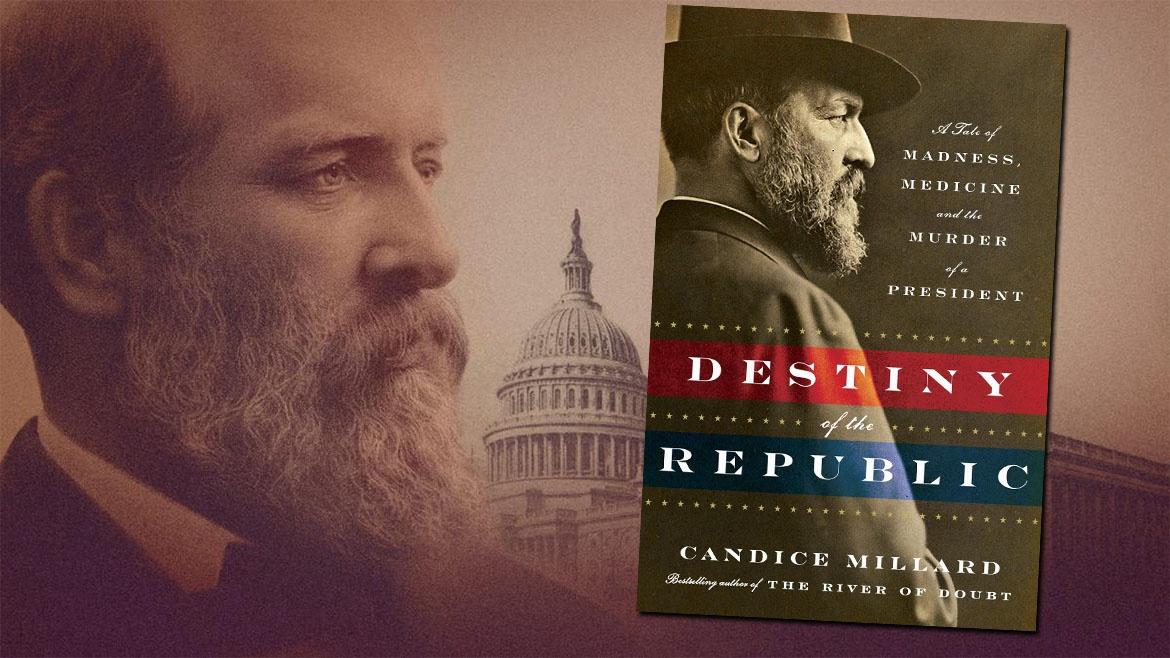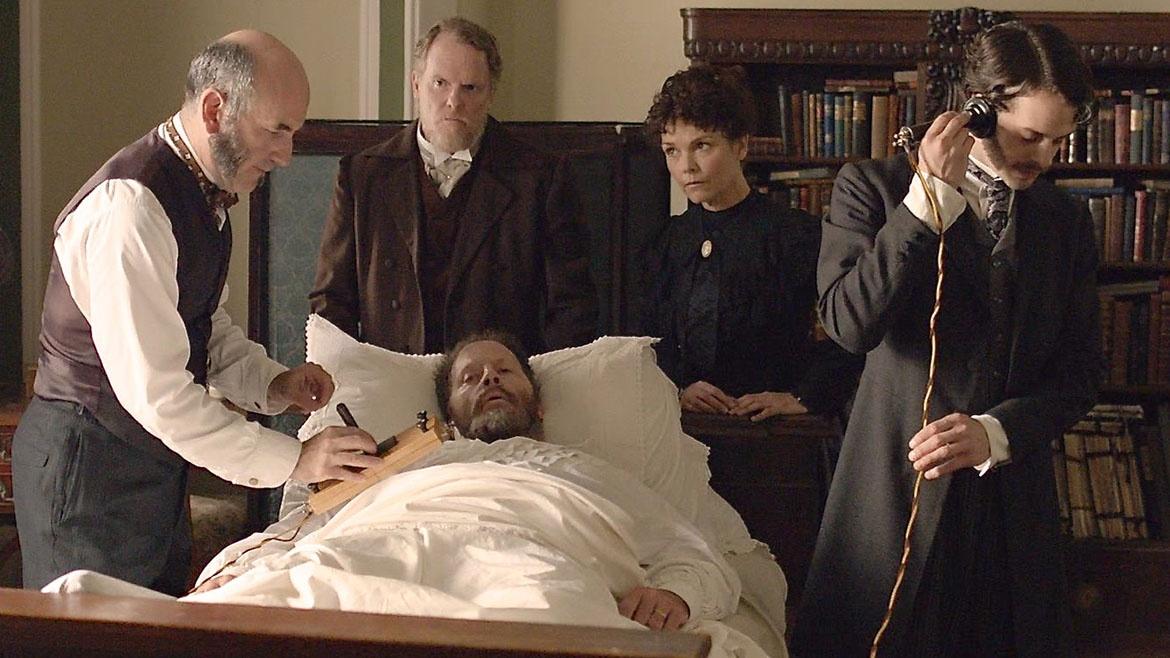Leawood Author’s Book on 20th President Inspires National Documentary
Posted on January 29, 2016 by Lindsey Foat
Like most Americans, the only thing Candice Millard knew about President James A. Garfield was that he had been assassinated.
That was before the Leawood-based author dedicated several years to researching and writing, “Destiny of the Republic: A Tale of Madness, Medicine and the Murder of a President.” Published in 2011, the book details the extraordinary life and tragic death of a president who spent just 200 days in office.
A new, two-hour documentary from PBS’s American Experience is based on Millard’s bestselling book on our 20th President. “Murder of a President” will premiere on KCPT and PBS stations nationwide on Tuesday, February 2nd. The first half is already available for streaming on American Experience’s website.
Before heading off to the premiere of the documentary in New York City, Millard answered a few questions about her experience working on the film.
What was your reaction when American Experience approached you about the project?
I was really excited about it. I am like most Americans, I’m a big fan of American Experience and I know that they do great work. They’re serious documentary filmmakers and they really try to get it right, which mattered to me especially with Garfield’s story because when I came to his story very few people had heard anything about him besides the fact that he had been assassinated. In fact, I didn’t know anything about him besides that. And so working on it I really came to care about him, really felt the injustice and the tragedy. It meant a lot to me that the book sold well because I felt like it brought his story to a lot of people who wouldn’t have known it otherwise, and so I thought — here’s another opportunity to tell his story.
How did the collaboration work?
They flew me out to Boston and I spent a day working with Mark Samels, the executive director and Rob (Rapley) who is the director and wrote the screenplay. He’s a great guy. I like him so much and he made it clear to me from the beginning that he really wanted to understand who Garfield was and what this time in American history was like…. And so then I shared a bunch of material with them. For instance, Charles Guiteau, the assassin, had a long trial. I was able to track down a transcript of the trial in Topeka, Kansas at the law library. And then I hired my niece to copy it for me. Which at first she thought great I’ll make some extra money, but like halfway in she regretted it bitterly because it’s huge. I can see it right now, it’s like eight or ten volumes I have in these white binders. So anyway, I said to Rob, “Look I will share these with you, but you have the swear on your life that you will return them to me.” Because you know they’re all marked up with my notes and my sticky notes and highlighting and everything. He had them for quite a while and I was sort of nervously checking in with him, “You still have those, right?” and he was like “Yes, I swear to God.”

“Murder of a President” uses docudrama to tell a lot of Garfield’s story. As an author who is a stickler for primary sources, how did you feel about that?
I worked at National Geographic for six years and I started in the TV division as a researcher. And actually my first job for them was to work on a docudrama, which was really rare for National Geographic. And I remember thinking, “Oh this is so dangerous.”’ But I think there’s something to it…. What’s hardest about history is to make you feel like you’re there. And to make you feel like you can understand these people’s lives, fears, hopes, and dreams. Just to remind you that these were real people living not that differently than we live. … But that’s again a different world from me where everything is absolutely factually based. If I don’t have it in a journal or a diary, or a letter or something, it’s not in the book.
What do you hope viewers will take away from “Murder of a President”?
I hope that they’ll see who Garfield was. He wasn’t just this kind of boring, bearded, nineteenth-century politician that people just kind of stick him into that category with other Gilded Age politicians. I hope that they’ll walk away thinking this is a tremendous, tremendous loss to the country, and understanding how it kind of knit us back together. There was a huge divide after the Civil War. Lincoln’s assassination had only deepened it. Garfield was sort of the first president since the Civil War to be considered the president of the whole country, North and South. It was sort of their shared grief that helped seal that very, very deep wound. I just want people to understand that and remember, and that he can have a place in our history that he deserves.
“American Experience: Murder of a President” airs at 8pm on Tuesday, February 2 on KCPT.
KCPT’s Randy Mason interviewed Millard about “Destiny of the Republic” on The Local Show in 2012:

